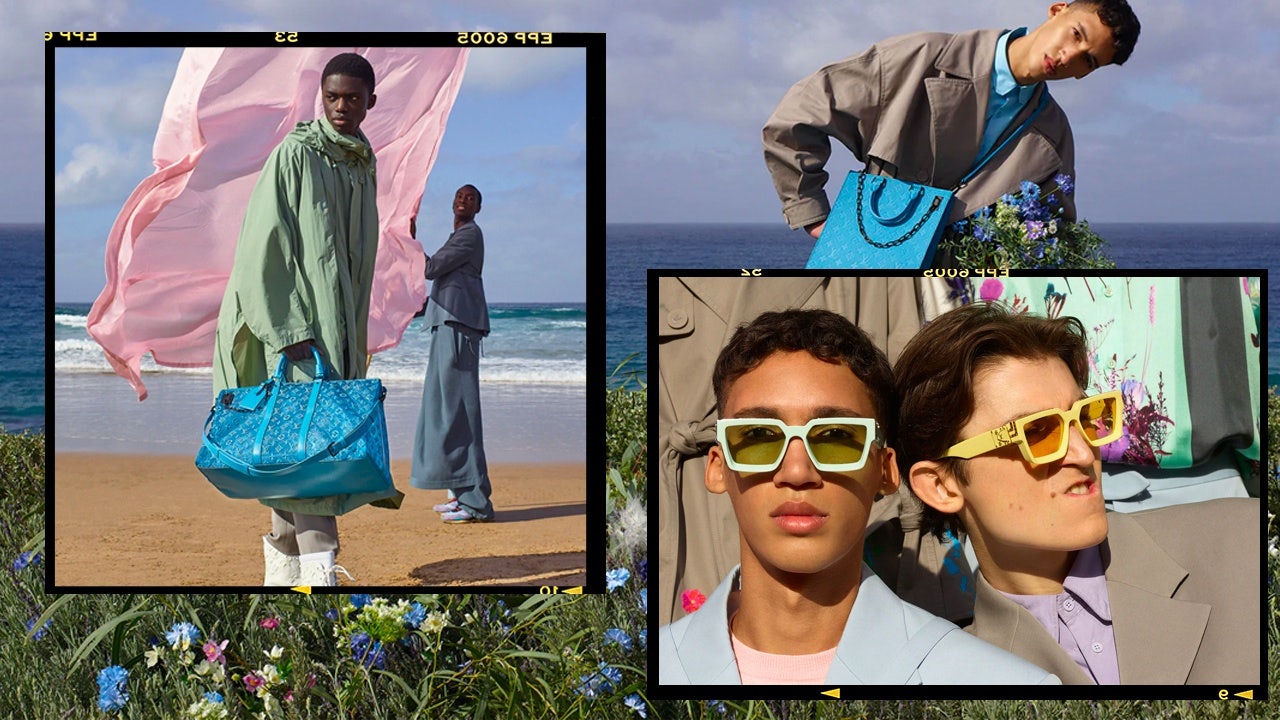Experts agree that COVID-19 is no longer simply a transitory economic event, but something much, much larger, with the potential of turning the initial economic shock into a global recession. The luxury sector, which pre-crisis thrived on millions of Chinese consumers and high-net-worth individuals (HNWIs), has been particularly hit hard by this unprecedented public health crisis, as the very same consumers have been in lockdown for months now.
“The impact of the epidemic on the luxury industry has been huge, affecting not only the revenue of offline stores, but also the supply chain, the global economy, and consumer confidence,” Jennifer Ye, PwC China Consumer Markets Leader, said. “Therefore, digital marketing, channel transformation and upgrading, and digital capacity building play an increasingly important role in luxury brands, and major brands need to build digital strategies centered on Chinese consumers.”
Indeed, luxury brands need to prioritize digital transformation if they intend to maintain a strong focus on the Chinese consumer. But considering the complexity and volatility of the market, it’s difficult to assess the actions of Chinese luxury consumers, as they belong in separate social levels and have different desires, viewpoints and behaviors.
“China's consumer market is highly stratified,” says Ye. “On one hand, Chinese consumers are paying more attention to prices, seeking higher value and better deals. On the other hand, Chinese consumers are also experiencing consumption upgrading, moving up the consumption value chain and spending more and more on non-necessities and services.”
While the “aspirational” middle class still practices conspicuous consumption, China’s HNWIs and UNHWIs, however, have looked for alternatives even prior to the current health crisis. They’re now replacing investments in impractical luxury goods with activities that build knowledge and soft skills or safeguard their health, and the COVID-19 outbreak has only accelerated the process. Nowadays, living a healthy lifestyle and investing in private healthcare options and retirement plans are, perhaps, becoming the ultimate luxury.
According to a study by consulting firm Agility Research and Strategy, Chinese affluent consumers have shown resilience despite the trade war between the US and China, the COVID-19 crisis, and the looming recession. Agility highlights that in Hong Kong, after the 2019 mass protests, “millionaires continued to show optimism about their own incomes, investments and spending.” Moreover, 62 percent of the respondents said they believe their own disposable income will grow (up from 60 percent in 2019) and 53 percent intend to increase their luxury goods spending (up from 49 percent in 2019).
Mainland millionaires share this optimist mindset, even after the unfolding of the COVID-19 outbreak. Out of the 81 millionaires that Agility spoke to in China, 82 percent of respondents still believed that their own economic wellbeing would improve in the future and 86 percent think their own disposable income will grow in 2020.
One of the clearest signs that the luxury industry has entered a new phase post-COVID-19 is the focus on social responsibility. As stated by Agility, 81 percent of Chinese millionaires demand that brands “conduct themselves in an ethically responsible manner.” And the causes that gain traction with the HNWIs group are clean water & sanitation, arts and culture, and fair trade and ethical sourcing.
Naturally, socially responsible luxury retailers will remain relevant to this “woke” consumer segment. At the same time, luxury houses that refuse or cannot embrace CSR will become unsuitable for the Chinese market and might even lose some of their brand value.
French luxury conglomerate Kering seems better equipped to deal with these changes. Its star brand, Gucci, is a responsible business “committed to a culture of purpose putting environmental and social impact,” according to Marco Bizzarri, Gucci President and CEO. Gucci’s innovative and sustainable approach comes “with a special focus on the use of energy and water, waste production, hazardous chemicals and the sustainability of raw materials,” according to Luxinders Magazine.
In recent years, even Kering’s rival LVMH became an important player in the sustainable arena. According to a LVMH press release, the Group developed eco-friendly boutiques and sites powered by renewable energy, introduced policies to reduce the carbon footprint, fought for protecting urban biodiversity and even created its own Internal Carbon Fund.
Evidently, LVMH has strong environmental credentials and 27 years of “exemplary” environmental responsibility, while some of the Group’s companies remain world-renowned for their commitment to a greener future.
For instance, in 2018, Louis Vuitton received The Butterfly Mark powered by Positive Luxury, “for excellence in the areas of innovation, social and environmental responsibility, governance and community investment.” Furthermore, Fenty by Rihanna is marketed as a cruelty-free, eco-friendly brand that leads the way in sustainable practices. However, no other brand has been as vocal about sustainability as LVMH’s partner, Stella McCartney.
The British designer is a veritable “environmental crusader” who envisioned an energy efficient, animal-friendly label that has become the synonym of environmentally, socially and ethically conscious production. Unsurprisingly, the luxury house is popular with the socially conscious Chinese millennial mums.
Trailblazing brands like Gucci, Louis Vuitton, and Stella McCartney are already popular with Chinese millennials and Generation Z consumers, but through their sustainable plans and pledge to preserve the natural environment, they won over even consumers with more conservative attitudes. Considering that ethical fashion and sustainable design are positively influencing the buying behavior of HNWIs, the post-COVID-19 future will see more and more luxury brands emphasizing sustainable storytelling and ethical marketing, and in the process, creating a new way to reach their most prized customers — Chinese HNWIs.

